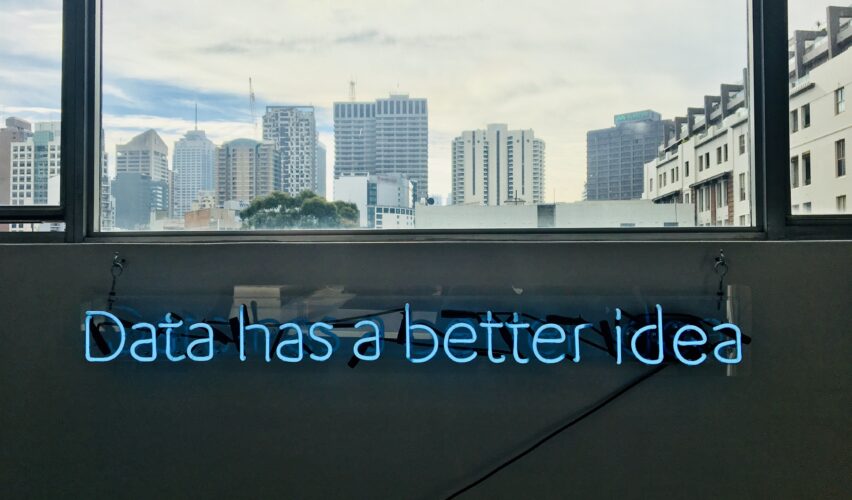Well, or so it seems. We are cruising through very busy weeks for our smart city team in Zaragoza. If I were to decipher the message that 2017 is bringing, I would say that data sharing and co-creation will certainly boost urban innovation in the forthcoming years. And that, in Zaragoza, we have some interesting tools to make it happen:
- our smart Citizen Card, our “de facto” digital platform upon which we can build all sorts of services, from gamification to citizen participation
- our Open Urban Lab, the co-creation lab of the city, located at the very core of Zaragoza’s flagship innovation hub “Etopia Center for Arts and Technology”
- a thriving civic and innovation ecosystem and a program “100 Ideas ZGZ” conceived to set bottom-up ideas in motion, using the city as an innovation platform
The good news started in Luxembourg. After pitching the Citizen Card in late January on the Big Data Info Days on Horizon 2020 we are overwhelmed by the number of agents from either industry and research arena that have proposed to partner with us in big data-related H2020 calls. Almost simultaneously, four groups of design students from the University of Zaragoza presented four innovative ideas for new services on the Citizen Card. They had been working on them for three months both in the classroom and in the Lab.
A week later we took a plane to Brussels: on Jan, 25th Zaragoza’s Citizen Card received the Green Digital Charter (GDC) 2016 Award on ‘Citizen participation and impact on society’. During the conference ‘Cities in Transition – the role of digital in shaping our future cities’ hosted by Eurocities we had the opportunity to present our data policy and discuss it with an engaged audience from government and academia. Take two concepts already developed in these blog’s pages: Big (open) Data, and Data Sharing.
We need European funding to materialize these and other ideas, so we’ve been working very hard with the team on several European proposals for using data to spark and guide the co-creation of new public services. We have already tested this principle within the project Citykeys, where data has allowed us to identify gaps and opportunities for new transport services: that’s how the future network of bicycle parking spots started to be designed. A path, that of the co-creation of new public services based on data insights, that we intend to develop further.
On Feb, 6th we enrolled on a learning trip to beautiful Cascais (Portugal) to join the “Smart Life Incubator” think tank. We were ‘locked’ by the outstanding TM Forum staff alongside other city policy makers from Tokyo, Liverpool, Nice, Porto, Saint Quentin, Cascais and Utrecht. It was an intense 3-day working session focused on addressing urban challenges through innovation and cooperation between stakeholders. We dealt with problems such as mobility, talent attraction, unemployment and on-line services. We shared strategies to bring deprived public space back to life, or to improve city response in case of catastrophe. Surprisingly, data sharing was identified as a common enabling vector for most of the challenges. The bad news is that no one seems to know how to make it happen without compromising, either legitimate organization assets or personal privacy: the relationship between big data and governments is still heavily cluttered.
So while everybody talks about co-creation, there is an astonishingly small number of success stories out there. Most projects, like the “Co-creating responsive urban spaces” initiative in Amsterdam, are just starting. And data sharing is something we all think should be happening (for the sake of humanity, right?) but that no one has seen yet. In my Master on City Sciences’ thesis I pointed out that there are gigantic organizational and behavioural (psychological) barriers that block the way. As more projects on co-creation start in the following years, and small scale urban data sharing examples are being built, we expect that a whole new body of knowledge about the subject will appear. This knowledge, of course, will blossom on the urban ground, since it is the natural environment where people’s ideas and big (urban) data can turn into solutions.
The story of co-creation and data sharing is just beginning. We’ll be here to write it.
This article is published under a Creative Commons license. Some rights reserved.
Photo by Franki Chamaki on Unsplash

















